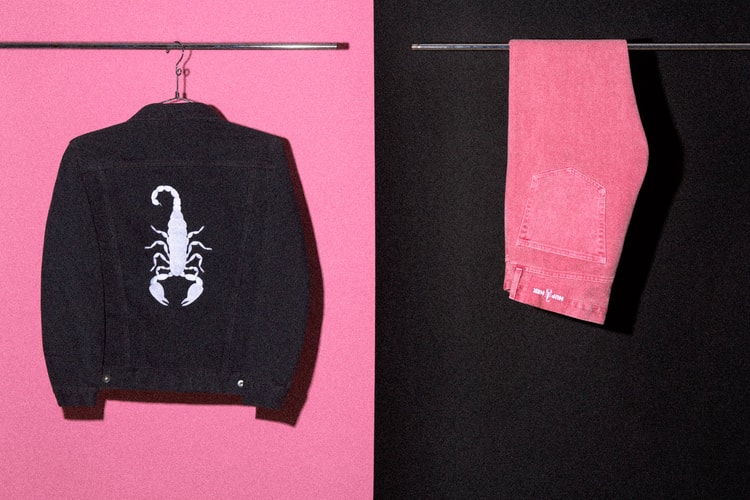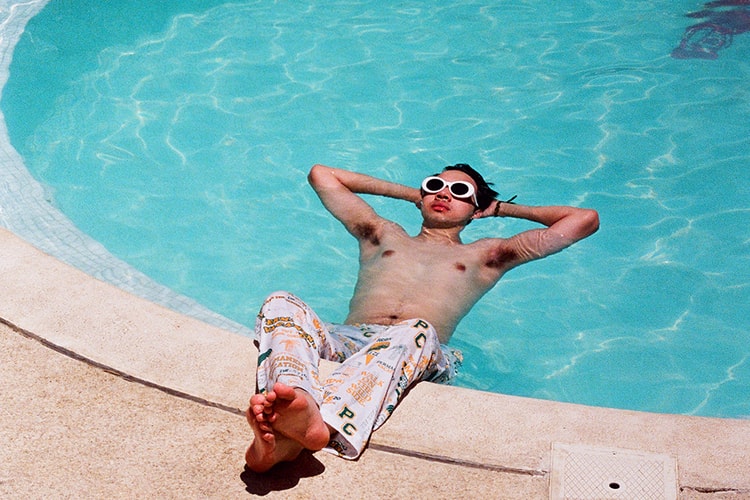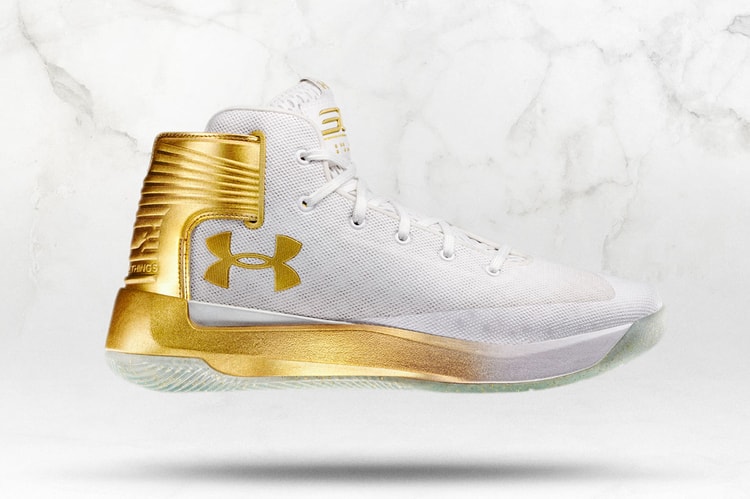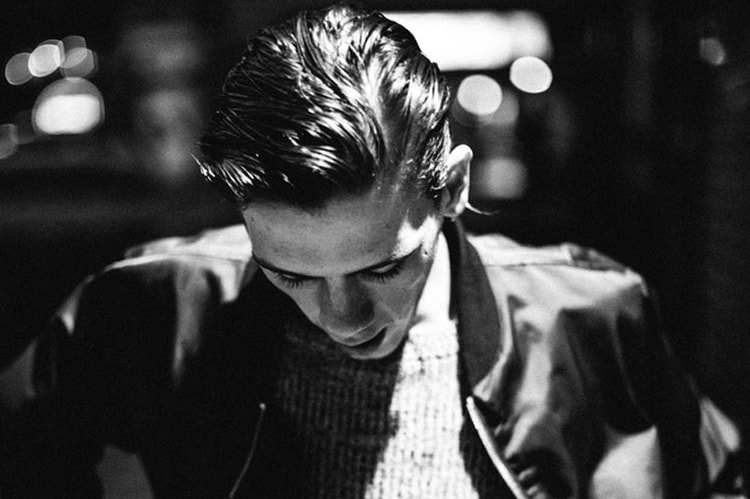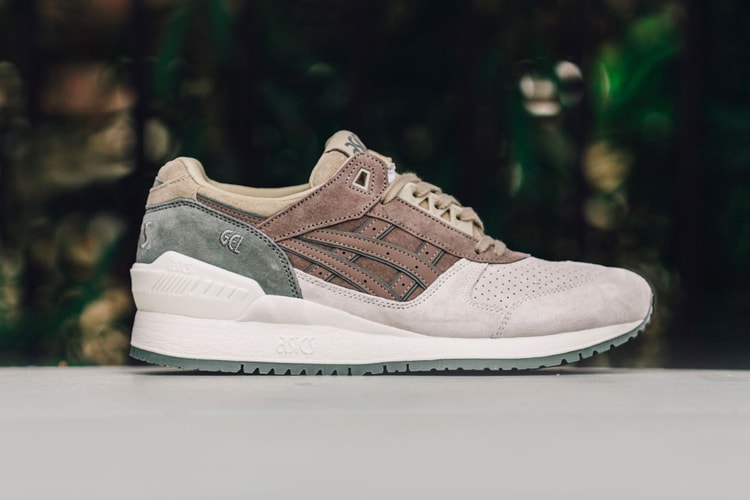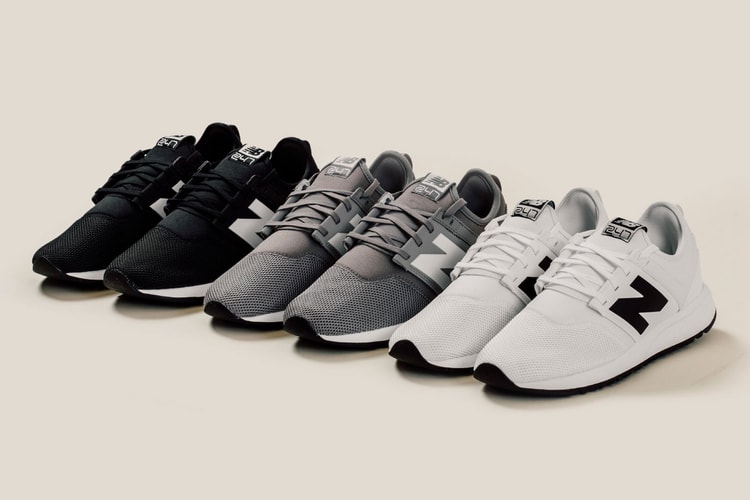Zedd Found Self-Worth Through Ghost-Production
Dropping the pizza delivery job changed his life.
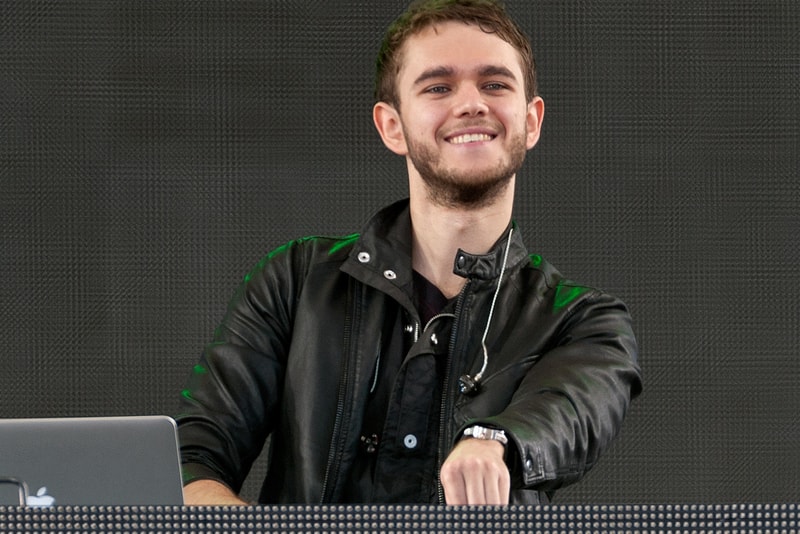
You are reading your free article for this month.
Members-only
Nearly 10 years ago, SoundCloud was founded. Eventually it became the primary tool for up-and-coming artists and producers to share and promote their music, launching the careers of many unsung heroes. Zedd, real name Anton Zaslavski, is arguably one of the most successful producers today to start out on SoundCloud. In 2010, the German-Russian producer uploaded his first track under the “Zedd” moniker on the platform — a remix of Lucky Date’s “Ho’s & Disco’s.” Like Lucky Date, Zedd at the time was part of a rising movement in the electro house genre called “complextro,” alongside Porter Robinson, Madeon, Wolfgang Gartner, SebastiAn, Mord Fustang, Lazy Rich among others. Zaslavski’s career took off after his music caught the attention of Skrillex, who was one of the biggest producers in dubstep and electronic music at the time.
Fast forward to today and Zedd has become a household name. Since 2012, he has been one of Interscope‘s secret hit-churning weapons; he’s produced some of the label’s biggest hits including Justin Bieber‘s Nicki Minaj-featured “Beauty and the Beat,” Lady Gaga‘s “G.U.Y.,” “Aura” and “Donatella.” Zaslavski’s dropped two stacked, much-talked-about albums and collaborated with music’s biggest names, such as Selena Gomez, Ariana Grande, Kesha, Troye Sivan, Hayley Williams, Ryan Tedder, Lady Antebellum, Aloe Blacc, Alessia Cara and more.
After signing to Interscope in 2012, he dropped “Spectrum,” the first single off of his debut album Clarity, which shot to the top of Billboard‘s Hot Dance Club Songs. The album’s third title track was not only a dance music success but a commercial one as well; it charted in the Top 10 of Billboard Hot 100 and also on various international charts. Selling over 2.2 million copies and receiving more than 140 million streams on Spotify, “Clarity” is Zedd’s most successful single to date. It also won him a GRAMMY for Best Dance Recording in 2014, beating out Calvin Harris, Kaskade, Armin Van Buuren and Duke Dumont. His sophomore LP True Colors, which the more commercially friendly of the two, found comparable success by hitting No. 4 on Billboard 200.
The accomplishments continue to pile up into 2017 — earlier this week, the Zedd signed an exclusive worldwide publishing deal with Universal Music Publishing Group. Additionally, he is currently organizing a concert to benefit the ACLU set to take place on April 3. The concert will feature performances by Miguel, Tinashe, Skrillex, Halsey, Macklemore, Incubus, Machine Gun Kelly, Imagine Dragons, Bebe Rexha among others.
We caught up with Zedd while he was in Hong Kong for his headlining performance at the city’s inaugural Dragonland Music Festival, which also featured performances by Iggy Azalea, Steve Aoki, Black Eyed Peas, Redfoo from LMFAO and more. We discussed on a variety of topics, such as how he used to make music too complicated for some listeners, his love for rap music, his diverse musical inspirations and his plans to start a fashion label. Zedd also tells a story on his early days working as a ghost-producer and how he found his musical self-worth after being asked to quit a pizza-delivery gig.
Congrats on your new single, “Stay,” with Alessia Cara. How did you link up with her for the song?
I was working on “Stay” a couple of months ago at the end of last year and I had a performance on TV with Alessia Cara, whom I’ve never met before, and Daya. We did a collaboration where they sang a medley of my songs. I realized how incredible both of those artists were and I thought Alessia would fit “Stay” really well so I hit her up and asked if she would be interested in making a song together. She happened to be in LA the week after, so we got into the studio and started working on “Stay” for the next month or two. Alessia was one of the most pleasurable artists to record with. First of all, she’s absolutely incredible; she’s a great singer. She was super open to changes and was easy to work with. I really enjoyed working with her and I would love to make another song with her.
You’ve previously also collaborated with Aloe Blacc. Is R&B a direction you’re interested in?
I never think about genres artists are in. To me, it’s all about the voice. It doesn’t matter if you make hip-hop, country music or pop. As long as your voice has a specific characteristic to it that makes me feel a certain way — whether its breathy or sharp. It has to fit the song. With “Stay,” I found the single best voice to fit the accompaniment.
Speaking on hip-hop, many electronic musicians have been working with rappers as of late. Would you consider going down that route?
I’ve worked with Logic and Iggy Azalea before. I love a lot of rappers. I’ve always loved Macklemore and wanted to work with him. Kendrick Lamar is one of my favorite rappers of all time. Because I’m a very melodic person — I really like to focus on melody and chords, there needs the right moment in the song for me to work with a rapper. So I definitely would want to work with rappers as long as I have a song that fits it.
What kind of music did you listen to growing up?
As a kid, I listened to a lot of jazz, like George Benson. I also listened to bands like Deep Purple. The album that got me into electronic music was Daft Punk’s Discovery. I listened to it every day for months; I’d even type out all the lyrics in different colors on Microsoft Word. There was a time where I listened to a lot of Feeder, which is a British rock band; then I had a metal phase where I listened to bands like Killswitch Engage, As I Lay Dying and Meshuggah. After, I discovered my love for electronic music — Justice, Skrillex and deadmau5 were huge inspirations. But, if there’s anything I would come back to and always love, it’s the slightly more musically complex artists like Queen, Silverchair, Radiohead — those are the artists that I can listen to any day and would never get old; they’re timeless.
Some of your songs are quite complex.
I have made a lot of complicated music, to be honest. I think a lot of my music was too complex for people to even understand. I don’t just work with a standard template, I come up with an idea and I make whatever I want to hear, which changes all the time. I used to be super into complex music and “complextro.” For every three minutes that you hear in my song, I’ve heard it at least a hundred times. You’ll get in the habit of using the same side-chain and the same types of synths, because that’s what works. After a while, you’ll just wanted to switch it up and do something new. As somebody who makes music, you need to evolve and become an artist that identifies through different genres and not just a specific one.
On the topic of musical complexity, do polyrhythms come to you easily or is it a trail and error process?
Polyrhythms are one of my favorite things. The entire song “Epos” is based on polyrhythms. I used to be a drummer and a fan of Meshuggah. Learning their songs have always been a process of writing out polyrhythms on a piece of paper and trying to make your mind understand how to move each body part individually. I love that. I couldn’t sit still; I would always play polyrhythms with my hands and feet.
I have made a lot of complicated music, to be honest. I think a lot of my music was too complex for people to even understand.
Have you thought about working with orchestras?
Recently, I wrote the longest and most complex chord progression I’ve ever written. It’s so complex to the point that I don’t think I could make it into an electronic song, so we were considering to do an orchestral song instead. I’ve been in conversation with an orchestra, so I will make an orchestral song. I have worked with orchestras before, just not on major projects.
Porter Robinson and Madeon released the Shelter short film not too long ago. Would you ever pair anime visuals with your music?
I’m not an expert with anime. I love Japan and it’s one of my favorite markets in the world. Porter Robinson has always been a fan of anime. I wouldn’t say that anime is my strength. If I ever made a song like “Shelter” — which to me is very Japanese sounding, and I mean that as a compliment because Japanese music oftentimes is on a higher level musically than a lot of other music and there are many incredibly talented musicians out there — if i ever create a song like this, I would consider pairing it with anime visuals. I think the visual that goes with the song should always represent the soul of the music. I just don’t think I currently have any songs suited for anime yet — “The Legend of Zelda” is probably the closest one.
It’s been nearly two years since you dropped True Colors. Do you have a new album coming out anytime soon?
No, I currently do not have an album in the works. True Colors took me a really long time. I have a lot of studio time planned for this year, so there’s a really good chance I will make an album. I only have ideas for certain songs so far, and whether they will translate into an album or EP will be revealed as I come closer to finishing the songs. As of now, I just want to focus on making the songs that I want to hear. When I see the songs what they are, then I will connect the dots and make an album.
You put out a lot of your music through SoundCloud in your early days. Surprisingly, it’s still the main platforms for rising producers to put out their material. Do you feel that anything has changed with the platform?
Everything is different. Back then, it was enough to throw a song up on SoundCloud, and if it was really good, it would just get more plays than other songs. I can’t release music on SoundCloud currently like I used to. For example, I wasn’t allowed to release my remix for Daft Punk’s “One More Time” on SoundCloud. It’s not that easy anymore because the relationship between labels and partners is really complicated. Before, it was a matter of going exclusive with iTunes for two weeks. Now, everybody wants to release the song at the same time because people will want to listen to the music on their favorite platforms regardless. Back when I started out — when SoundCloud was just my main platform — is before my songs sold millions of copies and were commercial successes. Now that music is a big part of our culture and everybody’s lives, things are more complicated and more controlled.
Now that music is a big part of our culture and everybody’s lives, things are more complicated and more controlled.
What are some tips you can give to up-and-comers who don’t want to be labelled a “SoundCloud producer”?
I think there’s absolutely nothing wrong with being labelled a “SoundCloud producer.” Me, Skrillex, Porter Robinson — we were all SoundCloud producers. To be honest, I didn’t even know that a “SoundCloud producer” was a thing. SoundCloud is a great platform for unsigned artists to release their music. I find a lot of great music through SoundCloud because those are the undiscovered talents. Once you get discovered and signed, then you move onto the next platform. But if that’s something people don’t like hearing, then they got to be creative and think of something else. (Laughs) Maybe try YouTube or something.
Ghost-production seems to be a popular topic nowadays. What is your stance on it?
I actually started out in the scene doing ghost-production for other people. When I was in school and I made no money, I used to make songs for another DJ. At some point, I needed to make more money than what he was paying me, so I told him that I’m going to deliver pizza. He told me that I shouldn’t do it and gave me $500 USD a month if I didn’t deliver pizza.
Why’d he pay you extra to not deliver pizza?
Because he wanted me to be available to make more music. And at that time, $500 was a lot of money for me. I’d thought to myself, ‘If somebody was willing to pay me money not to do anything, this guy must really believe in me. There must be something I have.’ Few weeks later, I met Skrillex and my career as a solo artist started. Personally, I think if you’re not able to create the music yourself and if somebody makes your music for you, you’re kind of cheating your fans. But at the same time, things have changed. There used to be a lot of DJs but nowadays, there are barely any DJs left. People are interested in the musicians — people who create the songs, not as much as people who play the records.
I think there’s absolutely nothing wrong with being labelled a “SoundCloud producer.” Me, Skrillex, Porter Robinson — we were all SoundCloud producers.
Outside of music, would you say that you’re a very fashion-conscious person? What are your favorite brands? I remember you once did a photoshoot in a $10 H&M shirt.
I’m not very conscious when it comes to brands — I don’t really know a whole lot of brands. I used to wear a lot of G-Star RAW. That was my go-to brand because it had slimmer fits compared to other brands. I’ve recently been wearing a lot of TIGHA, which is a German company. OPM and Zanerobe are brands that I’ve started wearing a lot. I don’t have a thing where I’m like, “I only wear this” or “I only wear that.” If I see something, and if it’s a $10 H&M shirt, I’ll wear it. H&M’s great stuff — I still wear a lot of H&M and UNIQLO stuff. If it looks good, it’s good.
Producers like Kygo and Steve Aoki have been trying to start their own fashion labels. Is that something you’d see yourself getting into?
Yeah, for sure. I’ve been wanting to do it for a long time and have been looking for the right partner — which I’ve recently found. So far, we’ve only been designing merch, but I’ve always wanted to design and make clothes that I would want to wear for myself. This is not to say that I wouldn’t want to wear my merch — I just wouldn’t want wear my own name on me, because it’s tacky. We found a partner that can help us design clothes for everybody, not just for fans of my music. Even if you hate me and my music, you should still want to wear my clothes. That’s the plan.

